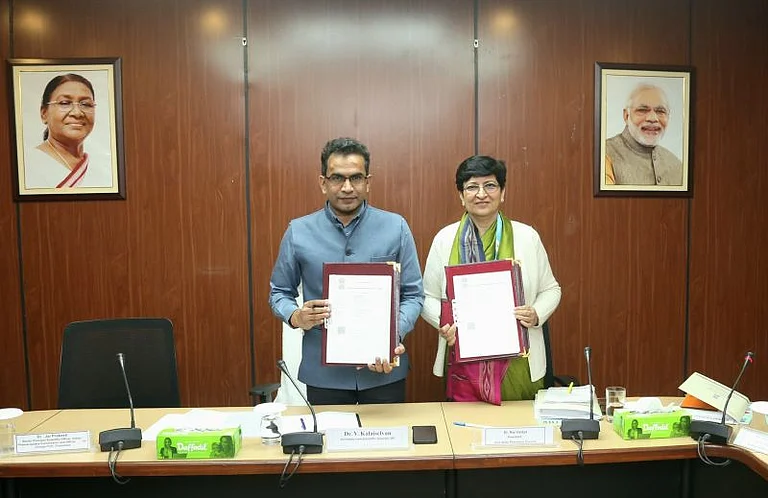The Sinaloa Cartel (CDS) stands as one of the most formidable criminal organizations in Mexico and, according to a 2018 Bloomberg report, is considered the largest drug cartel globally. Tracing its origins back to the late 1980s, the cartel remains active today. Its founders are some of the world's most infamous drug lords, including Joaquín Guzmán Loera, better known as El Chapo Guzmán; Ismael Zambada García, also known as El Mayo Zambada; and Héctor Luis Palma Salazar, known as El Güero Palma.
What Is El Mayo Zambada's Net Worth?
El Mayo Zambada, recently detained by U.S. authorities in Texas, is reported to possess an estimated net worth of USD 3 billion. This is comparable to the estimated wealth of former U.S. President Donald Trump, who currently has USD 2.5 billion according to Forbes, making El Mayo USD 500 million wealthier than the former president.
For decades, El Mayo and the Sinaloa Cartel have built an empire on cocaine, heroin, and human trafficking, capturing markets in the United States and expanding their exports to countries like Australia. The organization is accused of laundering money through some of the world's largest banks and investing in national companies and overseas accounts.
According to information from Border Patrol officials provided to multiple media outlets, Zambada was detained around 2 p.m. on July 25,Thursday at a private airport in the town. The Sinaloa Cartel leader is now scheduled to appear in a U.S. court on August 1,Thursday after pleading not guilty to drug trafficking charges last week following his dramatic arrest.
The Sinaloa Cartel's Global Impact
The Sinaloa Cartel has profoundly impacted the global drug trade, amassing substantial wealth through its illegal activities. The influence and reach of this criminal organization extend far beyond Mexico's borders, with operations spanning various countries. The scale of their operations and the vast wealth accumulated by its leaders demonstrate the extensive impact of organized crime.
Their criminal activities affect international markets and financial institutions, highlighting the challenges posed by transnational criminal organizations. This underscores the importance of international cooperation in combating organized crime.





























